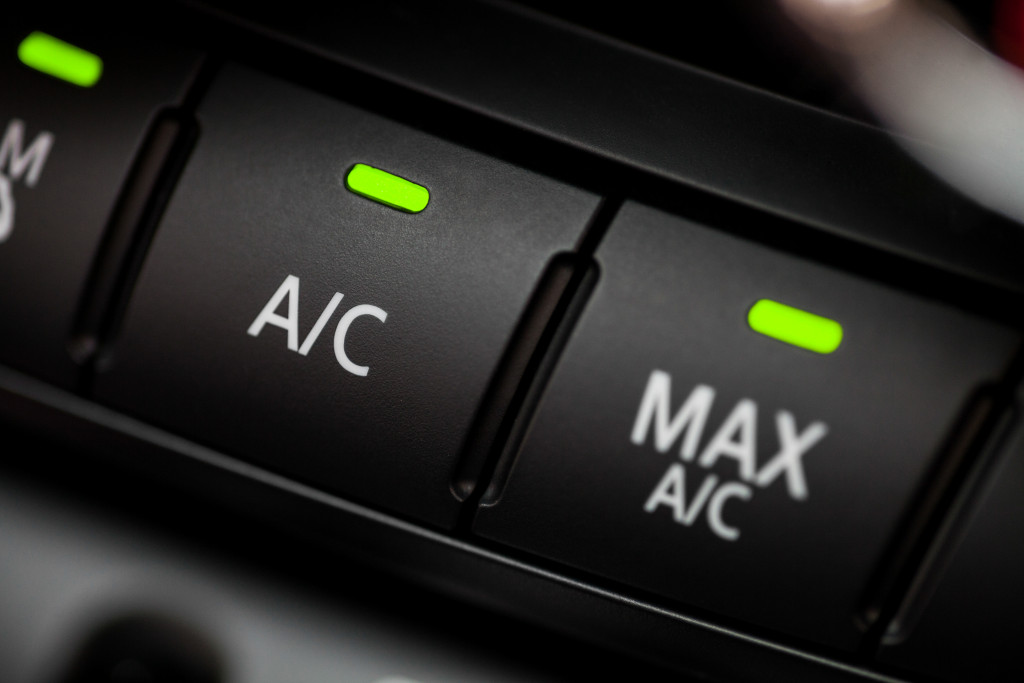There are so many parts in your car you have to familiarize yourself with, including its maintenance demands, signs of wearing out, and indications that the car or some of its parts need to be replaced or repaired. For those who want to modify their cars to boost their performance or are obsessed with upgrading their cars now and then, the list of things to mind goes on.
Keep in Mind Your Car’s Air Conditioning System
Speed is what many are after for—from quicker engine start to faster drive on the road. There are many factors that boost your car’s performance, and one of them is your car’s air conditioning system. If you want your car to keep running at its best, you may want to take care of your car’s A/C system.
While many parts of the U.S. become cooler by the fall, it’s still hot and humid in other states such as Florida. Driving around the states with hot and humid temperatures only to discover your A/C system is ruined can be a great headache. It can greatly drag your car’s speed down. Every car needs oxygen or cool air and it’s the A/C that provides them with that so the car can properly breathe.
And with the impending winter, the A/C needs more care so that it can better suck in the cold air that your car’s cabin needs. To make it highly functional, you need a chemical air refrigerant called Freon to provide cool air. With the right Freon levels, cold air can then circulate better.
What Is Really Freon For?
Freon is a specialized gas put in the AC to deliver cool air. Without it, there’s no other way your car can circulate cool air. The easiest way to spot your car’s Freon being at a low level is the apparent drop in cooling. Your car’s A/C compressor pressurizes the Freon so it can turn to liquid from gas.
It’s practically the same as your home’s refrigerator that needs Freon so that it can produce cool air. However, they aren’t the same as they have different pressure levels either only for the car or refrigerator. Going back, your car’s A/C system will not work properly when the Freon level drops. But good thing, it’s easy to spot such a problem, which then means you’ll need to recharge it with pressurized Freon.
How Do You Know If Your Car’s Freon Levels Have Gone Low?

The very first thing you’ll notice when your car’s Freon levels are low is when it doesn’t provide cool air as much as it should. The non-obvious sign would be your A/C clutch failing to engage. Here are some other symptoms of low Freon:
Evident leaks
In its liquid state, the Freon will leak some stream of liquid that will look like lighter grease. The leak makes the low Freon level easy to spot, so when you see it, check your car’s A/C system, including the front shaft, pressure lines, accumulator, service ports, fittings linked with the compressor, and condenser. If you see an oil-like liquid, wipe it off. If it streams again, then it’s likely that your car has a Freon leak.
Loss of cooling temperature
While driving and you experience a sudden loss of cool air from your car’s A/C vents, most likely your Freon caused a leak in the hose, fittings, or seals. If this should happen, you’ll smell burning from the A/C system, see emissions that look like a white cloud from the leaking area or hear the compressor hiss.
Sight glass indications
If your car has a sight glass, then you can easily check how your Freon is working. Sight glass allows you to see Freon’s movement through the pressure line. A good Freon level will move placidly through the line while a low level will make the liquid bubble up. Without any movement, it means your car has no Freon at all.
Ice on compressor
With low Freon levels, moisture will take the Freon’s place. This moisture in the compressor will turn into ice. Soon, ice will accumulate on your car’s compressor.
You’ll Need A/C Recharge
When any of these symptoms show, you’ll need to bring your car to a car AC specialist. The specialist will check the system. With the use of gauges, it’s much easier to spot any leaks, which is the first thing to be repaired before refilling the A/C with Freon. First, the technician will move the old refrigerant, then repair the leaks, and finally, refill it with fresh Freon. This is the best way to determine if the amount refilled is correct.
Proper maintenance is key to keeping your car in good running condition. Keep these signs in mind to make sure your vehicle lasts longer.
